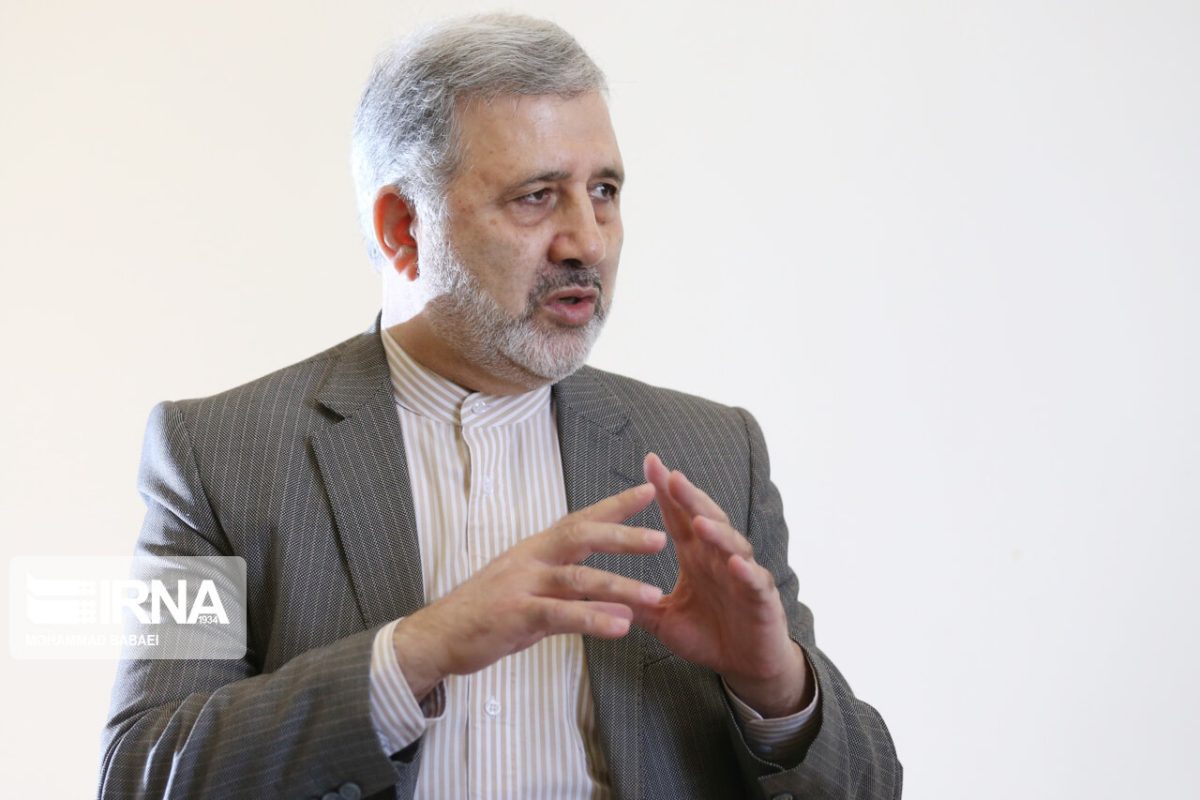In an interview with Tasnim News Agency, Enayati said that the new arrangements in the Persian Gulf region have resulted in a shift of security focus from being military-centered to development-centered. Moreover, the concept of security has now moved towards being more inward-looking.
The following is the full text of Alireza Enayati’s interview with Tasnim:
Tasnim: One of the important propositions in the Iran-Saudi Arabia case has been the Yemen issue. What are the latest developments regarding this subject, and what is your assessment of the Yemen debate?
Enayati: I must emphasize that the engagement we had with Saudi Arabia and the progress of these relations from Iran’s perspective have been based on a bilateral approach. It was established, continued, and concluded accordingly, and we highlighted it as a sign of the continuation of Iran-Saudi Arabia relations. However, regarding the Yemen issue, our Saudi brothers have paid attention to it, but Iran’s position is that Yemeni issue is an internal matter and it’s a case that should be managed by the Yemenis themselves.
Of course, since 2015, our stance on Yemen has been clear, as we did not see war as the solution. At that time, Iran proposed a four-month initiative based on a political solution, humanitarian aid, comprehensive dialogue, Yemeni-Yemeni talks, and the formation of an inclusive government. In fact, this has been a position that Iran raised in 2015, and we believe it provides a suitable framework for resolving the Yemen issue.
We have fully supported the ceasefire declared by the United Nations in April of last year. Whenever the ceasefire was extended, we supported the extension. Our emphasis in talks with representatives of the United Nations, Ansarullah, and Omani brothers has been based on the realization of a political solution as a purely Yemeni matter, acknowledging that the Yemeni people are more knowledgeable and aware of their own issues.
We have consistently emphasized the necessity of lifting the blockade and sending humanitarian aid to Yemen in our statements. We hope that the conditions, which currently have a relative calm, can be sustained and lead to positive outcomes. We also aspire to address and remove any issues or obstacles, including those related to humanitarian aid, so that Yemen’s conditions can be provided for by its own people, just like any other country.
Tasnim: Now, new horizons have emerged for the formation of a modern order in the region. What is your analysis of this new order?
Enayati: In the Persian Gulf region, we are facing a complex situation, and the current security regime may lean towards a different direction due to the changes we are witnessing. In discussing the new arrangements in the Persian Gulf region, we believe that security should lean more towards an inward approach, and the countries of the region should take greater responsibility in shaping this regional order.
We believe that what we are currently facing, including military escalations, could lead to a different outcome as a result of these understandings, and we may witness a reduction in foreign forces. We believe that the definition of security has undergone a change, shifting from a military-focused security to a development-oriented security. We should not solely define security in the traditional sense, which is based on arms and military forces. Instead, security should be defined based on economic, social, political, cultural, and people-centric development. This is an approach that Iran deeply emphasizes.
These dimensions, in reality, have become instrumental in the new concept of establishing security and have an impact. These are concepts that we may witness in the Persian Gulf region. Replacing traditional concepts with new ones based on cooperation instead of competition, and emphasizing internal security over the use or presence of foreign forces, along with a combination of cooperation in the Persian Gulf region, could shape the security arrangements for our region. However, in the realm of regional security arrangements, we are confronted with a completely destructive, disruptive, and provocative element known as the Zionist regime, which has recently gained a foothold in the Persian Gulf region.
We believe that this element is both threatening and an obstacle to the formation of a new order through regional cooperation. A regime that is itself an occupier and poses threats cannot be present as an element in the Persian Gulf region. Of course, our friends and brothers, the countries that have relations with Israel, have provided us with the necessary reassurances in various aspects. However, these assurances do not exist regarding the Zionist regime. In any case, this is considered a destructive element. But overall, we expect a new horizon for the Persian Gulf where, with the presence of eight countries through extensive and robust cooperation, it can create a new condition for the region.
We introduced the idea of a regional dialogue forum with the countries of the Persian Gulf as a preamble to this matter, and we hope that in this process, which involves bilateral arrangements with the countries and collective cooperation, we can establish an assembly for conducting discussions. In the near future, we aspire to reach new security arrangements in the region that will secure the interests of both regional and non-regional countries.
